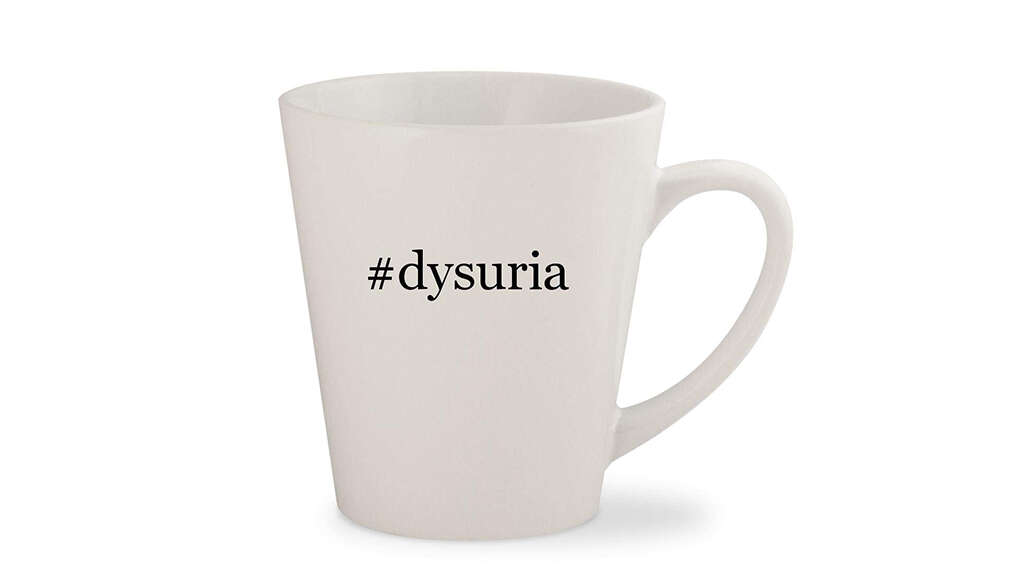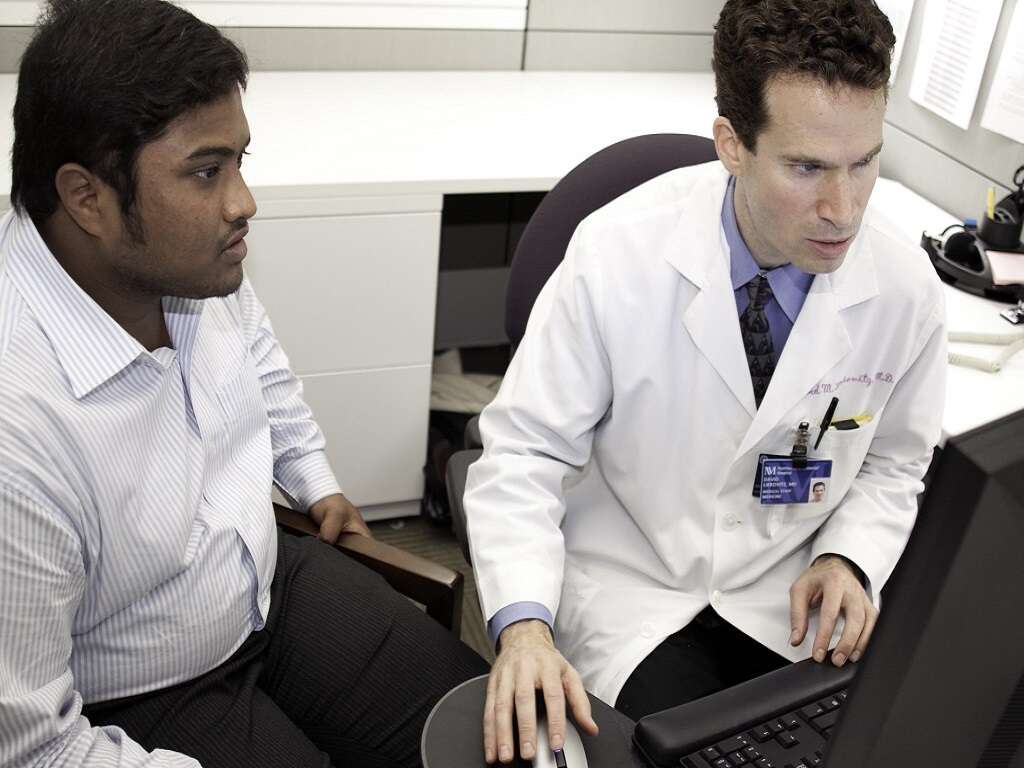10 Urinary Tract Infection Symptoms
A urinary tract infection or UTI is a very common condition where there is infection of the urinary tract. It can affect individuals of all ages and is mostly seen in females as their urethra is much shorter compared to males. The shorter urethra allows pathogens to have a shorter path to the bladder.
It has been estimated that as many as 40 to 60 percent of women have experienced a UTI at one point in their life. It is recommended for women to wipe from the front to the back after going to the bathroom to reduce the risk of a UTI due to the invasion of bacteria from the anal region.
A UTI can become severe when the infection from the urethra spreads upward affecting the bladder and eventually the kidneys. Left untreated, it can cause pyelonephritis. Recurrent UTIs among children may mean that there is a potential malfunction or malformation of the urinary tract. UTIs are usually caused by bacterial infections.

Symptom #1: Dysuria
Dysuria is a term referring to difficult or painful urination. It describes a stinging or burning sensation when one is micturating. In the early stages, the discomfort may only be slight. The discomfort and pain may be due to the damaged urethral lining caused by the bacteria.
This makes it painful once the affected individual starts to pee, like running water over a cut. It is recommended that affected individuals drink plenty of water to try to flush the pathogen out and prevent the infection from worsening. Other causes of dysuria are pyelonephritis, sexually transmitted diseases, prostatitis, and more.

Symptom #2: Cloudy Urine
It is normal to know what the usual urine color is. It should usually be a light straw color. In a UTI, the urine can become cloudy or appear darker compared to the usual. It is also possible that there may be white debris which may contain dead skin cells, white blood cells, and bacteria.
In some pharmacies, there are urine testing kits to test for a UTI. However, it would be best to seek professional medical opinion to prevent worsening symptoms.

Symptom #3: Urine Odor
Even normal urine has an odor, which is usually mild and unnoticeable. However, in some disorders, the odor of urine can become very unpleasant. This should be an alert regarding possible abnormalities. Urine that has a lot of water usually has a very mild odor.
When there is a high level of waste or highly concentrated urine, it may have a strong ammonia odor. Some causes include dehydration, diabetic ketoacidosis, uncontrolled diabetes, cystitis, and a UTI.

Symptom #4: Urgency
Urgency occurs when one has the emergent urge to micturate. As seen in those affected by a UTI, when they feel the need to pee, they may have trouble holding it in. Rushing to the bathroom, leaks, and accidents become more likely.
The urge can become uncontrollable because of the contraction of the bladder muscle before signaling that it is time to go. Although accidents may occur, there is often only a small amount of urine.

Symptom #5: Fever and Chills
The commonest cause of a fever is an infection. This occurs when the set point of body temperature increases causing muscle contractions and efforts to preserve and conserve heat. Chills occur when there is a feeling of coldness due to the fever.
When fever and chills occur during an infection, it is due to the release of prostaglandins and cytokines. It is important to note that fever and chills may be the only symptoms seen among children with a UTI. When in doubt, it is always advisable to seek professional medical opinion for early treatment.

Symptom #6: Tiredness and Irritability
The body naturally consumes more energy when it is fighting off an infection. The release of interleukins, prostaglandins, and cytokines occur. This also means that it is natural for an individual with an infection to feel more tired and irritable.
It is important to take notice of these behavioral changes as they are symptoms that are seen mostly among the elderly and children. Since both these symptoms are nonspecific, it is often missed and can lead to a more severe UTI.

Symptom #7: Abdominal Discomfort
Some patients with a UTI may experience lower abdominal discomfort that may involve the back or sides. They may also feel a sensation of pressure which suggests the involvement of the bladder. Discomfort that radiates to the back may mean that the infection has spread upward to the kidneys. Older patients may also experience pain and cramping around the pelvic and bladder.
Since these symptoms are vague and nonspecific, many dismiss the symptoms for a normal tummy ache. The abdominal discomfort in a UTI is usually persistent despite changes in position. A UTI that causes discomfort and pain of the abdomen or back is usually associated with fever, chills, nausea, and vomiting.

Symptom #8: Hematuria
Hematuria is a term referring to blood in the urine. In some cases of a UTI, there may be traces of blood in the urine causing it to appear pinkish. However, this is also a symptom that can be seen in more serious conditions such as bladder and renal cancer.
It is therefore important for individuals who experience hematuria to see a doctor for an evaluation to rule out cancer or stones in the urinary tract. Other causes of pink urine include the consumption of beets or dragon fruit, or as a side effect of medication such as rifampin.

Symptom #9: Frequency
Increased urinary frequency is one of the hallmark symptoms of a UTI. It means that the frequency of one needing to micturate increases despite having a low volume of urine. This may signify that the bladder is irritable and hyperactive.
This symptom can also be seen in conditions such as prostatitis and benign prostatic hyperplasia. Other common associated symptoms include dysuria and urinary urgency.

Symptom #10: Confusion
Symptoms of a UTI in the elderly are often atypical and, therefore, the diagnosis of a UTI is often delayed or missed. Confusion is one of the symptoms of a UTI in the elderly. Atypical symptoms in the elderly may be attributed to their lower immune response.
Since some elderly patients may also have existing dementia, the diagnosis of a UTI can be more difficult. Confusion can be easily mistaken as part of dementia or senility and is often overlooked. Other atypical symptoms of a UTI in the elderly include withdrawal, irritability, and agitation.










